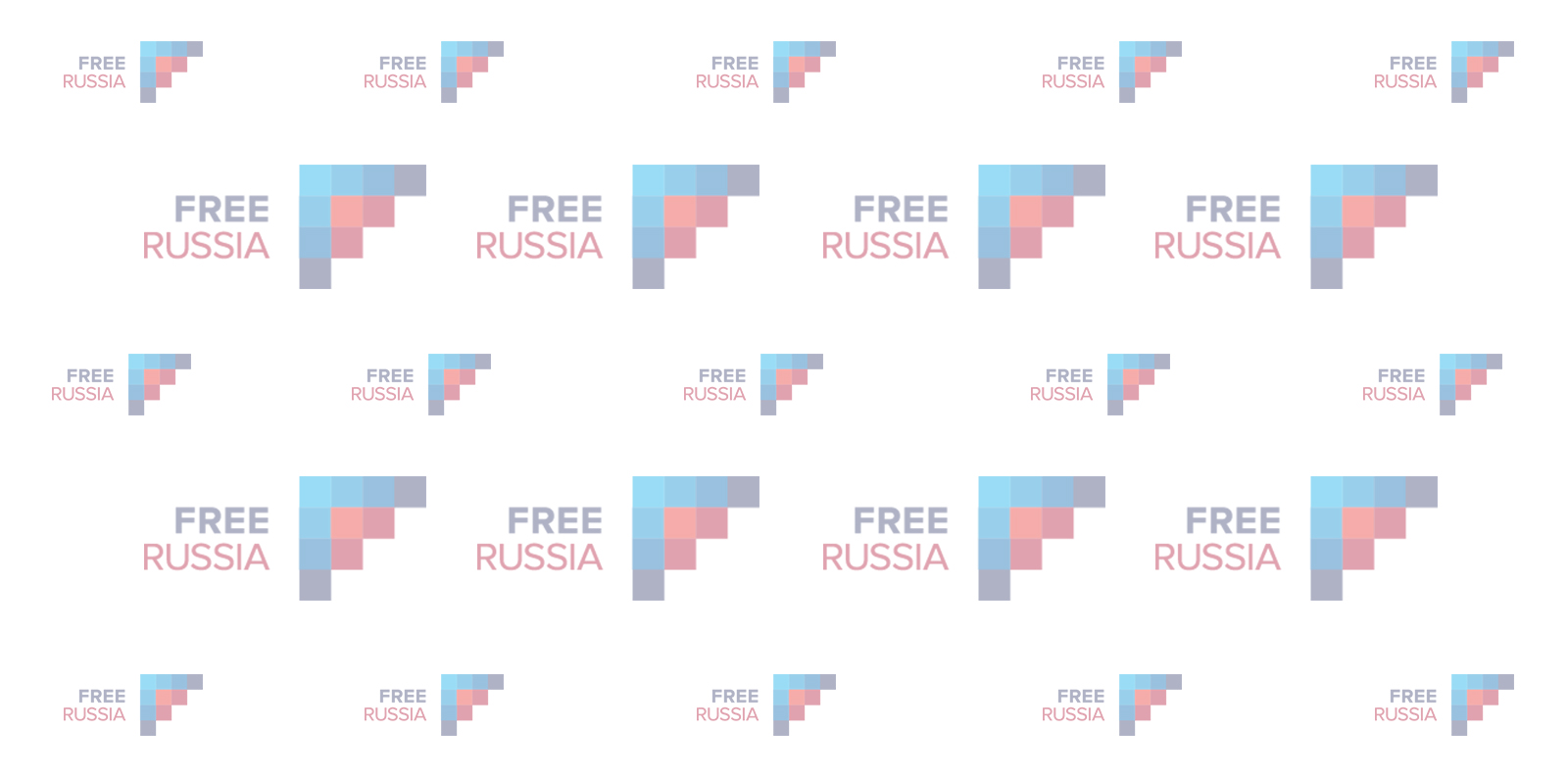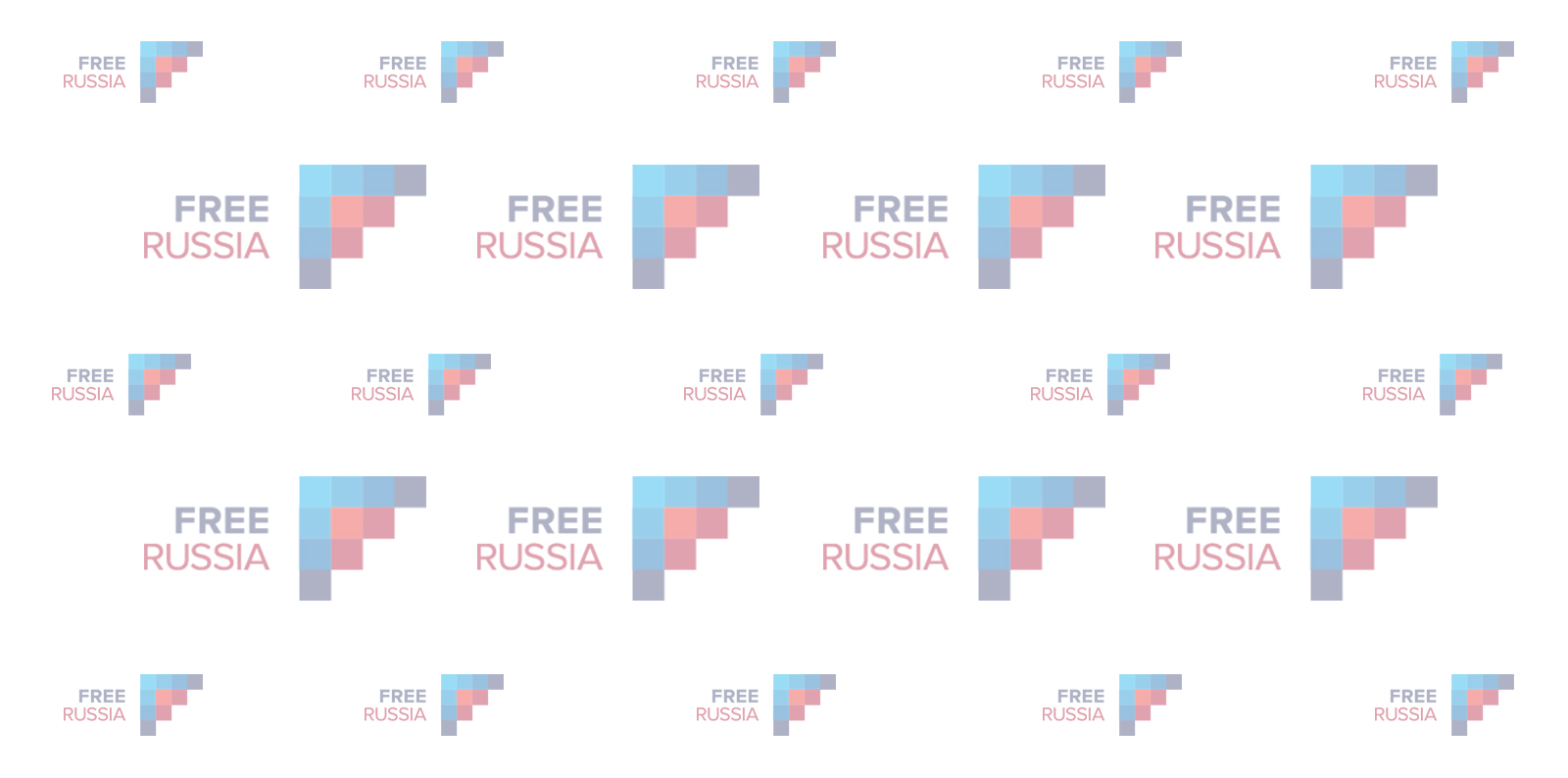Vladimir Putin is coming to the General Assembly (GA) of the United Nations this month. This visit has sparked a discussion about his motives and intentions among Russian-speaking opposition figures and experts in international affairs.
Some argue that he may announce a new non-Western security alliance (NATO-2) consisting of Russia, China and possibly Iran and try to extract political dividends from the supposed failures of Washington’s policy in the Middle East. Others suggest he is coming to tilt members of the GA towards Russia’s vision on the need to delay an international tribunal on the downing of MH17 airplane or even bribe them in order to block the tribunal altogether.
The editor-in-chief of the only remaining liberal TV channel in Russia thinks Putin decided to visit the GA to confirm his global status and to feel attention and fear from other world leaders. Meanwhile Putinism and its real values and aspirations continue to puzzle academic researchers, especially since the start of the abrupt invasion of Ukraine, with many questions remaining unanswered. Edward Lucas’s review of recent books on the subject is telling in this respect. Given a lack of clarity about motives of Putinism it is difficult to predict where exactly this regime is headed, other than to make a generic forecast “it could get worse”.
In Ukraine media and academics try to withstand a wave of lies coming out of Russian propaganda machine, while in the West very few media outlets attempt to deeply and consistently scrutinize aggressive and deceitful information coming from Kremlin’s media. Of course, leading western officials and media take events in Ukraine seriously. This war has been portrayed as a regional threat, long-term danger to international security and a disruption to global trade and investment. However, very few western policy-makers and experts appear to take a view that last 18 months in Ukraine and developments in Russia pose real existential threats to national security and democratic values and practices in the West itself in the longer term.
In my view, inability to see these threats for what they are stems from a major misreading of signals that show Kremlin’s genuine values. Over the last decade and especially during the ongoing war in Ukraine Putin has mostly been described with characteristics and aims that he does not actually possess while his real core values and motives have been underestimated.
Firstly, Putin is not a Russian nationalist. He showed that on multiple levels. If he was one he would not have traded interests of Russian ethnic groups in Turkmenistan or allowed young educated Russians flee the country while at the same time allowing a huge influx of migrants from neighboring developing countries. These migrants, mainly temporary labor force, are mostly denied equal social rights and often lack advanced education compared to average Russian urban citizens and, given that these gastarbaytery desperately need to get subsistence payments to feed their families, they are ready to slavishly obey the authorities in all their abusive regulations and practices. Kremlin is fine to have such fundamental change to the social structure. Putin is also happy to allow corrupt schemes inside Russian industries with oligarchs and entrepreneurs and outright gangsters of all ethnicities and backgrounds, not only Russian but any – Ukrainian, Georgian, Jewish, Swiss, American, British. He is very cosmopolitan in that respect.
Secondly, many experts in the West call Putin a neo-imperialist which is also false. If he was obsessed with Russian territorial expansion he would not have concluded rather generous demarcation agreements with China and Norway over the last decade, which many “real” Russian nationalists and neo-imperialists argue were a huge mistake and loss. Invading parts of Georgia and Ukraine as well as keeping alive other frozen conflicts in CIS countries has been carried out not for territorial or economic gain but to upset any alternative of a pro-European liberal model of power in Russia’s periphery.
Thirdly, Putin is not 100% focused on financial greed and lucrative hierarchical corruption for the sake of “stability”. If he was interested in that, he would not have written off many Russian state debts to developing countries (like $30bn to Cuba during his trip to the country last year) and he would not have ruined investment climate in exchange of annexation of Crimea that needs billions of dollars in subsidies.
So what are Putin’s core values? They are the following:
- upholding and expanding his personal power through short-term tactical opportunism and secretive and deceitful operations
- total disregard for individual life of people both inside and outside Russia and concern only for his immediate supporters among former KGB friends, party officials and oligarchs
Putin’s opportunism may appear to be ideological at times, but that happens only temporarily and for the sake of immediate political expediency. His only real ideology is being fluid in the political spectrum and no attachment to any specific ideology for too long and completely.
When Putin felt like he could invade Georgia and annex Crimea to boost his ratings and upset a developing alternative and democratic center of power with little loss to his power base, he did that. At the same time despite anti-US rhetoric in the media invasions in neighboring countries did not preclude him from allowing continued supply of NATO’s northern distribution network (NDN) through Russia in order to keep the U.S. not too alienated.
Putin’s values do not prevent him from abandoning many individual rebels and his supporters in eastern Ukraine when he no longer needs them and they become politically toxic, such as Igor Girkin, former “defense minister” of the “Donetsk People’s Republic” who was removed from Ukraine shortly after MGH17 was blown up. Putin easily tolerated unnecessary loss of many lives in Kursk submarine, Nord-Ost, and Beslan sieges’ incidents but made his henchmen play out an outcry about suffering of Russian orphans abroad even when the evidence was clearly distorted.
Policy-makers in the West should realize that a man who publicly humiliated his own wife by announcing their separation on television after a bizarre outing to a ballet, who at the click of a button used Russian orphans’ well-being for political consolidation of the Russian Duma and his security officials through notorious Dima Yakovlev law, and most likely ordered an assassination of ex-KGB whistleblower in the center of London with a radioactive weapon, will have no qualms of conscience to do anything atrocious to people in the West, too, if it becomes useful for his purposes.
Putin’s basic nature and training lays in the fact that he is a KGB recruiter and operative. Thus he can either seduce or buy you or he can sideline or kill you, but he cannot be friends or equal partners based on trust. This is why he easily walked out of G-8 – he sees better prospect for his own power among crony capitalists of G-20 and BRICS countries, rather than in what he sees as a diminishing West weakened by its concern for certain humanitarian values. The sea change with the times of the Soviet Union is that Kremlin is actually no longer bound by any ideology whatsoever other than realpolitik and an ingrained and often public contempt for individual life and democratic values.
Today Kremlin finds it expedient to send military units and arms to Syria and enhance Iran against the West, carry out hybrid war through GRU and cut off gas on false pretexts through Ukraine, support extreme right and left-wing political radicals throughout Europe and undermine western values and institutions through its corporations and tycoons.
Then why be surprised if tomorrow Putin expands Russia’s military involvement in Syria, interferes in internal affairs of Belarus, Kyrgyzstan, Moldova, sells all kinds of lethal weapons to all sorts of anti-western rebels beyond Ukraine and Syria or threatens the West with something as disgraceful as Dima Yakovlev’s law but more aggressive and directly impacting national security in the West? After all, Putin’s own well-being and his inner circle’s multi-billion fortune and assets are secure and more than sufficient for the rest of their lives while the internal approval ratings with each bold move stay high.
Yesterday no one in the West thought Russia could invade Crimea, tomorrow no one might believe they have to quickly increase their military budgets and deal with spiraling international corruption and escalating variations of Russia-style hybrid war used by China, Iran, Syria or non-state actors like ISIS outside their territories. These scenarios are not so implausible. The sooner western policy-makers understand the nature of this regime and adopt new innovative up-to-the-task containment, filtering and sanctioning mechanisms, the better it is for long term prospects of not only Russia and Ukraine, but the West itself. Otherwise, the West faces both old Soviet challenges and new long-term threats. The former is especially challenging as it is about Kremlin finding new ways to undermine western values and democratic institutions through an alliance of crony capitalists outside the West and subversive political and business practices within the West. This gray zone is much more difficult to analyze, open for public scrutiny and takes time and political will to deal with.


